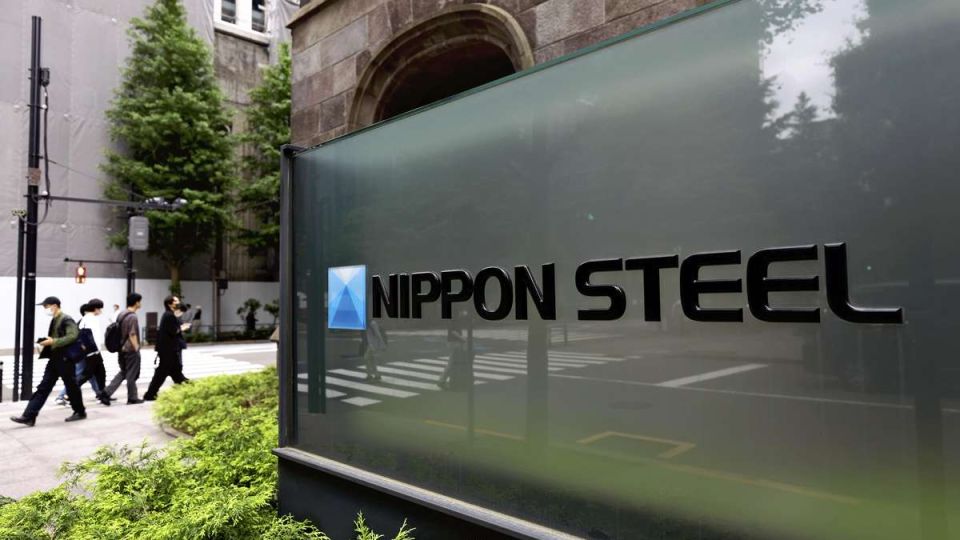May 26, 2025
TOKYO – Amid Nippon Steel Corp.’s efforts to acquire U.S. Steel, U.S. President Donald Trump has expressed support for the “partnership” between the two companies. However, there are concerns the Japanese steelmaker’s proposals, made to ease U.S. government’s concerns, may hinder it in the future.
Though Nippon Steel has been consistent in its stance of making the U.S. steel giant its wholly owned subsidiary, Trump has yet to reveal any details about the investment ratio. If the acquisition plan is approved with conditions, such as limiting the company’s stake in U.S. Steel, acquisition negotiations could stall once again. The final stage of negotiations will require the utmost caution.
Over the year and a half since Nippon Steel announced the acquisition plan in December 2023, it repeatedly has made proposals to mitigate the opposition of U.S. labor unions and the concerns of the U.S. government over U.S. Steel being acquired by a foreign company. If the amount of investment increases substantially from the initial plan, it will place a heavier financial burden on Nippon Steel. The Japanese steelmaker has also “promised” the acquisition will not result in layoffs or plant closings and that U.S. nationals will make up a majority of the new board of U.S. Steel.
Unlike other developed countries, which are facing declining birth rates, the U.S. population is expected to grow in the long-term. The United States relies on imports to meet 30% of its steel demand and Nippon Steel has long been considering fully entering the U.S. market, where the company would have opportunities to sell its high-grade steel products that utilize advanced technologies, such as electromagnetic steel sheets for electric vehicle (EV) motors.
U.S. Steel owns eight blast furnaces, including those that are currently idle, and three electric furnaces in the United States. It is capable of manufacturing high-value-added automotive steel sheets and other products. One of its strengths is that it can supply itself with raw materials because it has iron ore mines.
However, U.S. Steel’s competitiveness over the years has declined, due in part to aging facilities, causing the company to suffer management difficulties.
“The deal has required a huge investment, which increases management risks and difficulties for Nippon Steel. Nippon Steel will need to hold a solid share in the U.S. market and develop a pricing strategy,” said Tomohisa Ishikawa, a chief economist at Japan Research Institute Ltd.
In Japan, the demand for steel products is on a downward trend due to population decline. The country’s crude steel production in 2024 was 84 million tons, down 3.4% from the previous year and in decline for the third consecutive year. Nippon Steel, which aims to become the world’s No.1 steelmaker in terms of comprehensive strength, has a long-held ambition to make a full-scale entry into the U.S. market.
However, it is not easy for the company to achieve returns commensurate with the investment that has considerably increased from its initial plan.

